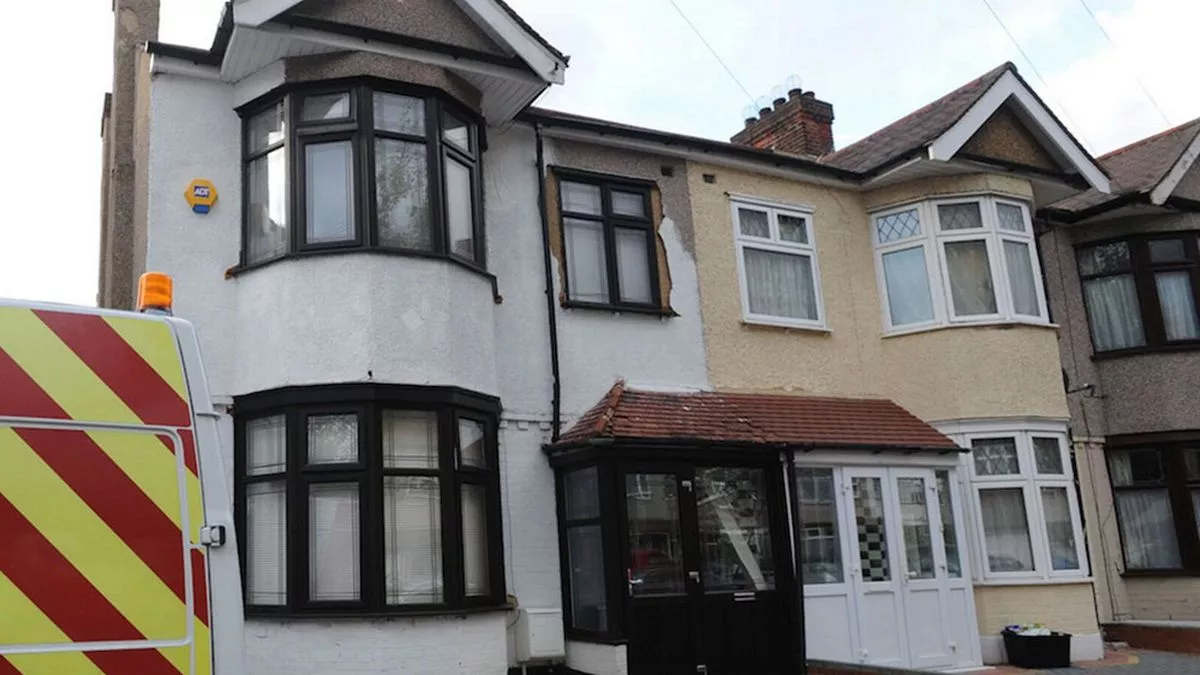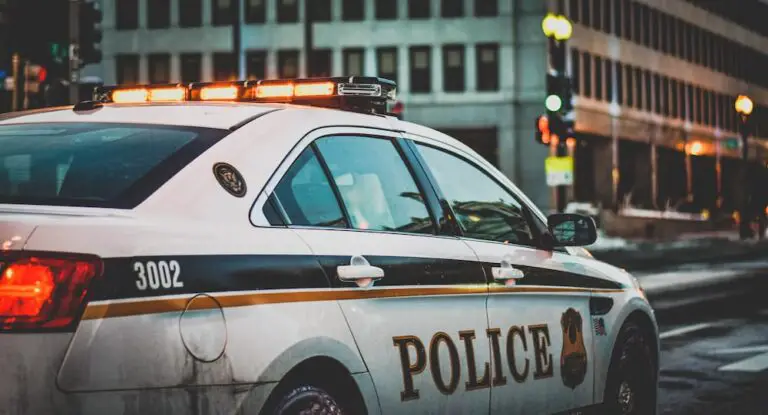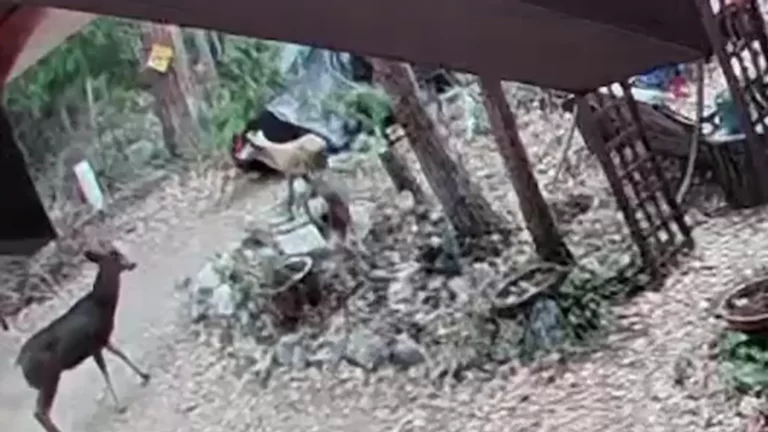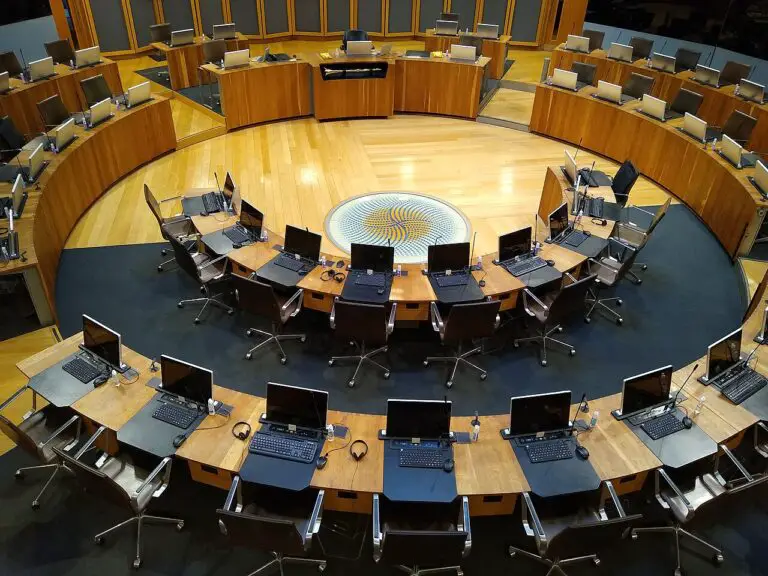Squatter who claimed ownership of pensioner’s home for free sells property for £540,000
A squatter, Keith Best, who seized control of an uninhabited house in Newbury Park, east London, initially belonging to pensioner Colin Curtis, recently sold the property for £540,000. Accused of effectively ‘stealing’ the three-bedroom home, Best, a builder, began treating it as his own after discovering it vacant in the late 1990s.
Despite accusations of criminal trespass, Best successfully secured permanent ownership through adverse possession, a legal principle allowing someone in possession of a property without title to become the lawful proprietor if the original owner fails to appear after a specified time.
The house, valued at around £400,000 when Best took possession in 2012, has now been sold by him after nearly eight years of residence. The current owners, the Hayat family, purchased the property unaware of its controversial history.
The new owner Atiq Hayat, 35, told MailOnline: “This property was sold to us by Keith Best who was the legal owner. His name appeared on all the documents related to this house and everything was done properly, and we have nothing to worry about.
“I never met Mr Best, but my sisters did twice, when they came to see the property. It was in a very good condition, and he seemed like a very genuine man. The sale was done in the proper legal way through solicitors, so we didn’t have a lot to do with him.”
Expressing disbelief at the situation, Mr. Hayat questioned how one could acquire an empty house and claim it as their own without legal repercussions.
The property’s convoluted history involves its original owner, Doris May Curtis, who reportedly died without a will in 1988. Colin Curtis, her divorced son, continued to pay council tax on the property but rarely visited or maintained it.
Seizing the opportunity, Best applied for title registration based on adverse possession, a legal concept dating back to Roman Law, arguing that he had occupied the property for the requisite 10-year period.
Legal challenges arose due to the criminalization of residential squatting by the Legal Aid, Sentencing and Punishment of Offenders Act 2012 (LASPOA). Mr. Justice Ouseley acknowledged that Best had become a criminal trespasser but ruled that section 144 of LASPOA did not apply to adverse possession cases. The judgment emphasized that adverse possession prevents the public and economic downsides of unused and unclaimed land.
Best’s solicitor, Riz Majid, welcomed the decision, highlighting that criminalizing squatting was not intended to impact the established legal principle of adverse possession. The case illustrates the complexity of property law and the delicate balance between protecting property rights and preventing land from lying dormant.







